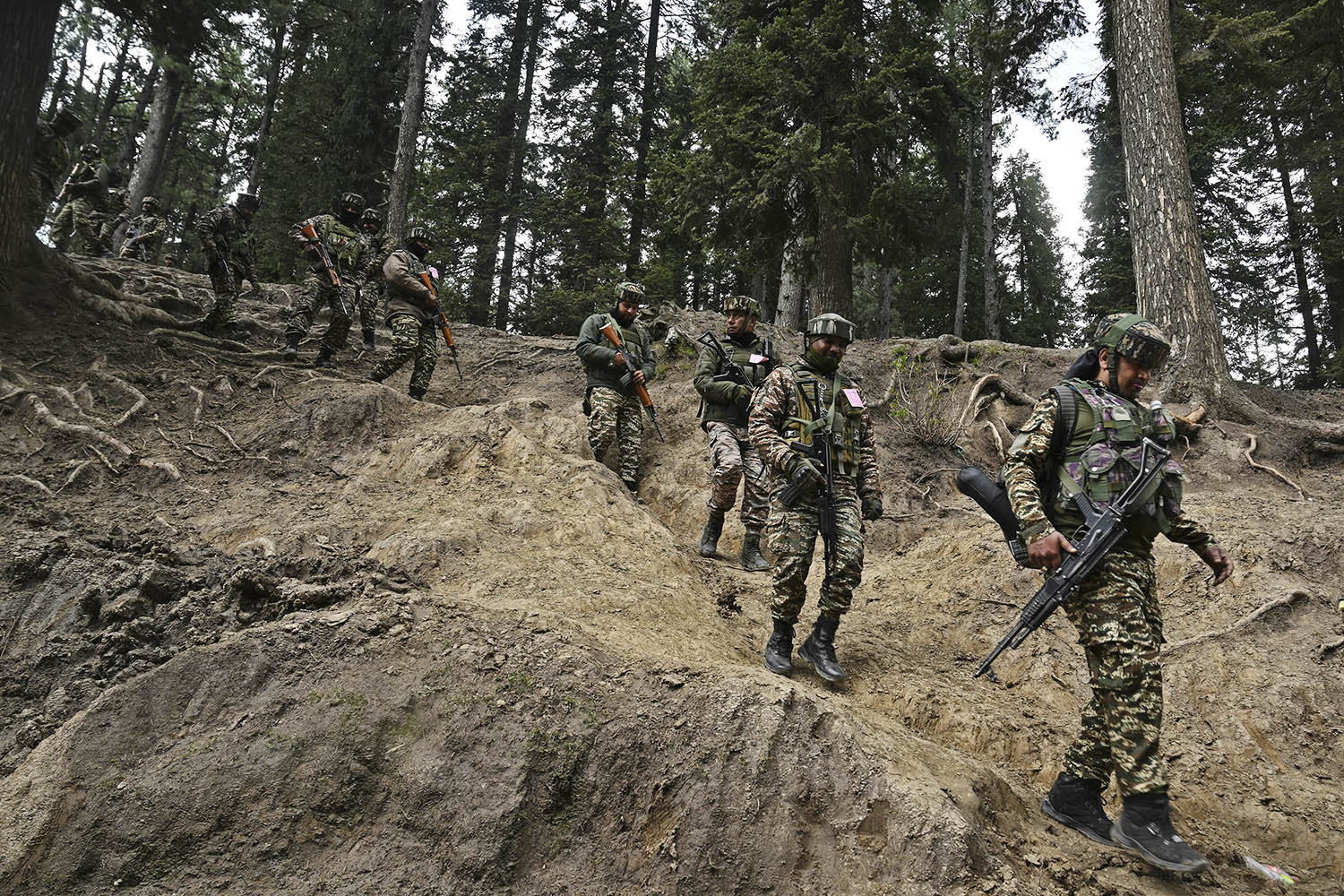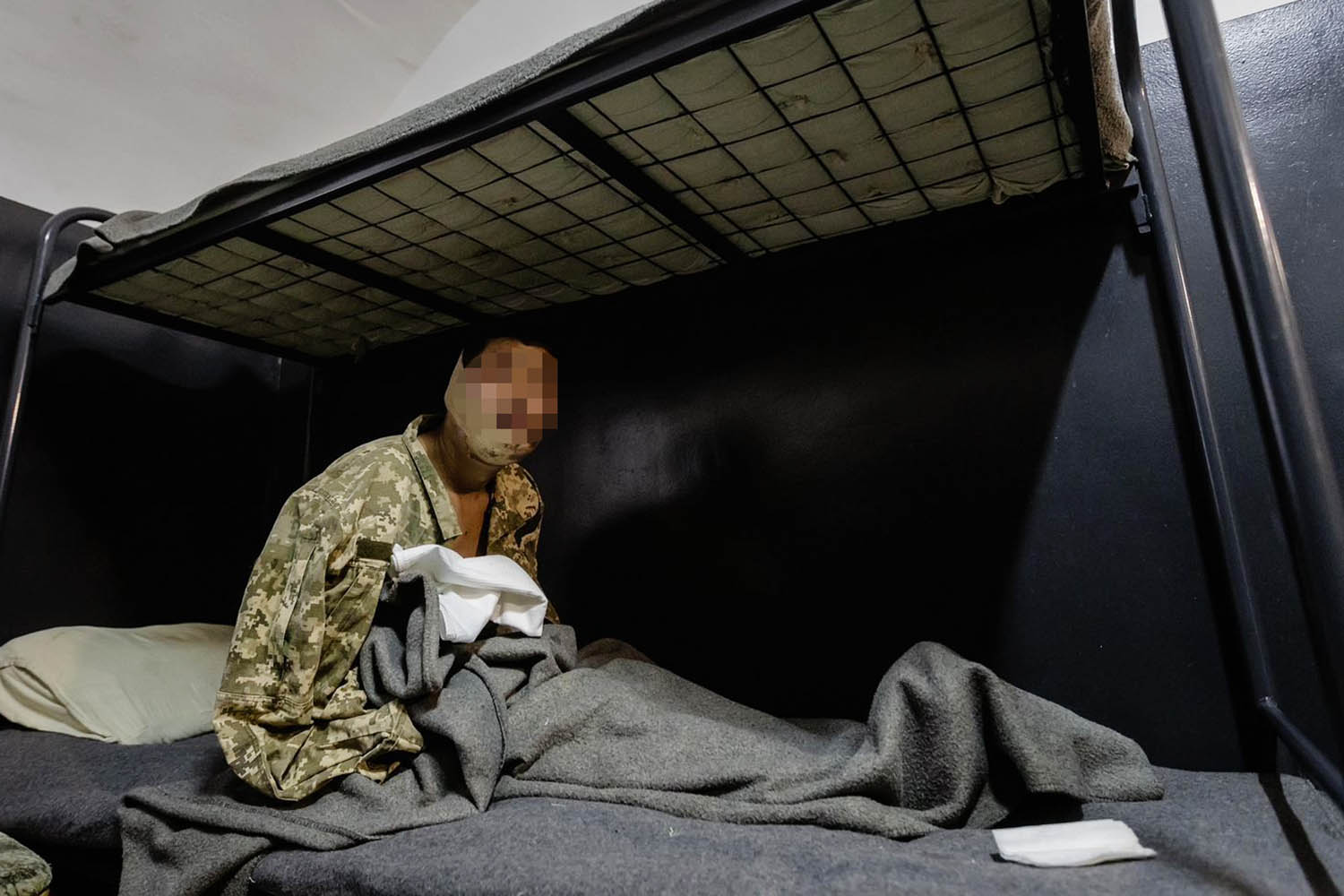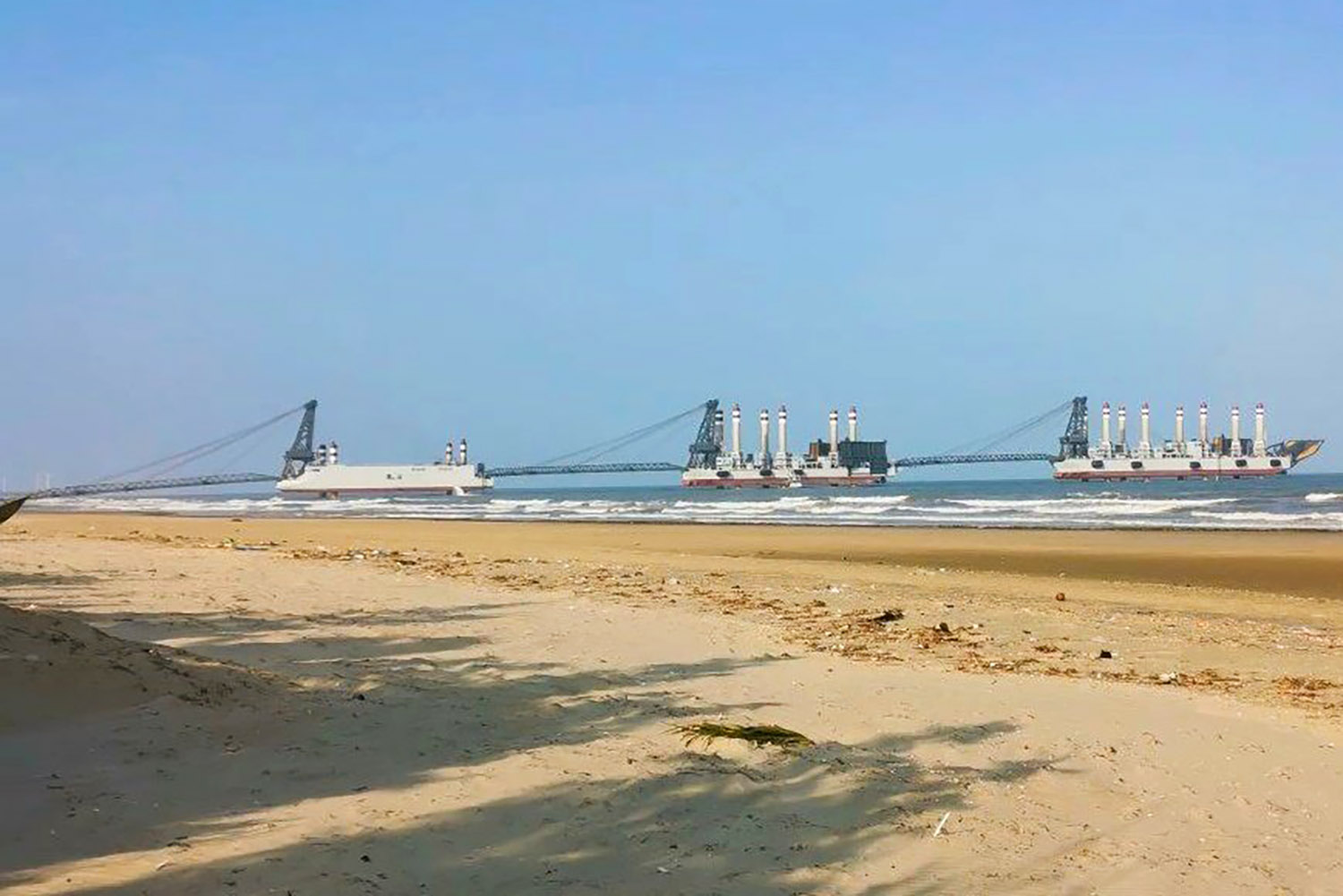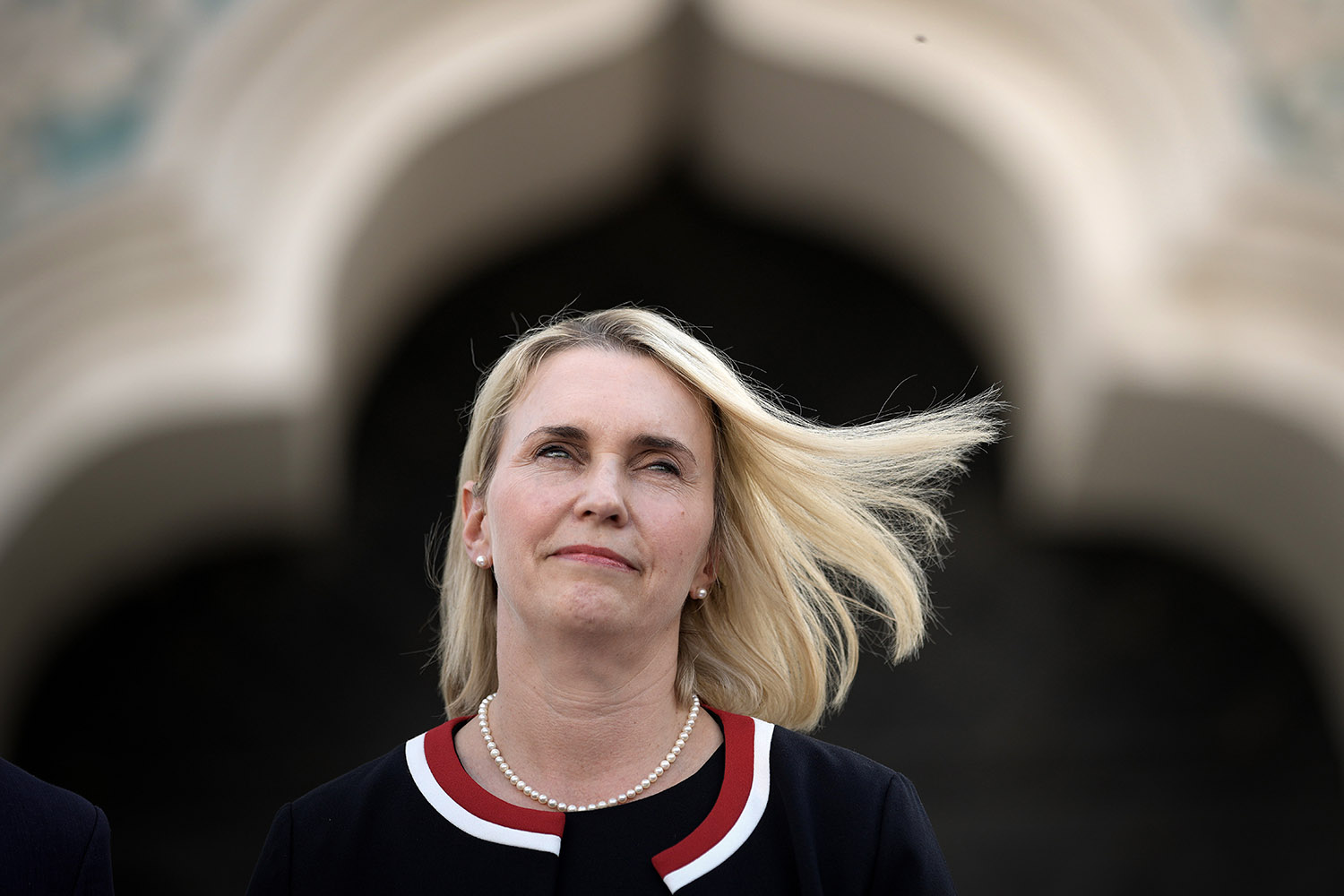What just happened
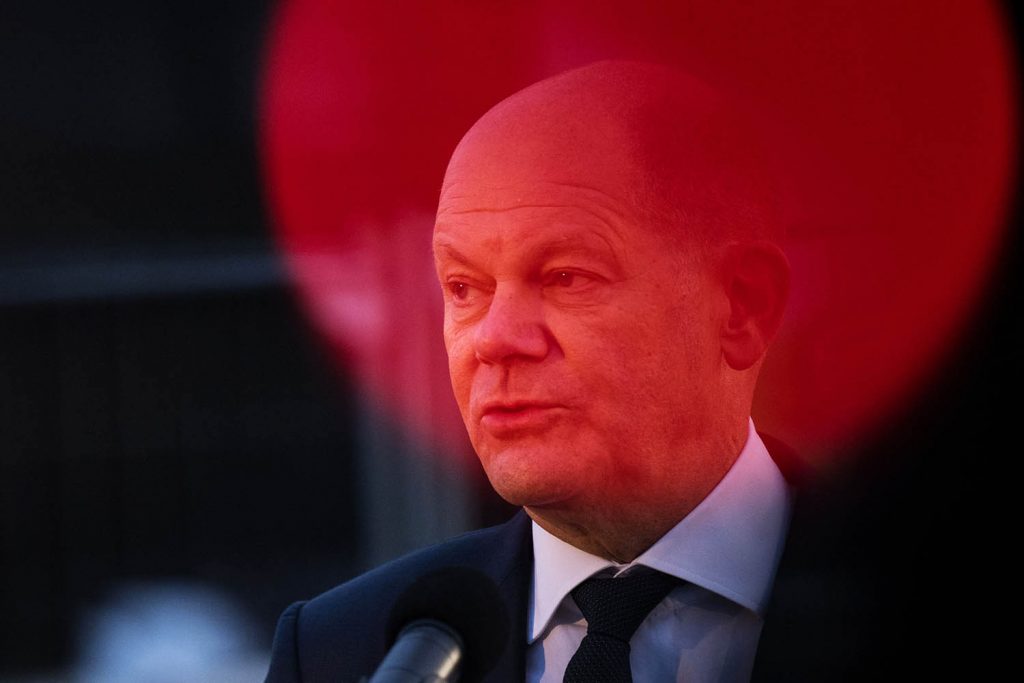
- Rishi Sunak decided to go to Cop27 after all.
- Benjamin Netanyahu said exit polls showed he was on the brink of a return to power in Israel.
- Matt Hancock lost the Tory whip after signing up to I’m a Celebrity.
Germany’s still relatively new chancellor flies to Beijing tonight for a day of meetings with China’s leaders, shaking the tin for the engine of the European economy.
Olaf Scholz may hope Germans and their allies will be pleased he’s reviving the tradition of trade trips to China after Covid, but they aren’t. This one is fraught, for at least three reasons.
- Dictatorship. Wandel durch Handel isn’t working. The idea of transformation through trade has been blown up by Russia and is hardly thriving in China. Instead of allowing trading ties to soften China’s political culture, Xi Jinping has just been installed as dictator for life if that is what he wants. He used the word “Marx” 15 times in his speech last month to the National Congress, and “market” only three. He’s doubling down on the mass incarceration of the Uighurs and the crushing of democracy in Hong Kong. He’s spoiling for war over Taiwan.
- Dependency. German-Chinese trade has quadrupled in volume since 2005. It accounted for 8 per cent of German growth in the decade to 2015. Nearly half of all German companies now rely on Chinese inputs. The German economy is, in short, at least as dependent on Chinese minerals and trade as it is – or was before the war – on Russian energy.
- Disunity. To make nice now with Xi is to break ranks with the rest of a Western alliance working hard to reduce its dependence on Chinese markets and Chinese-controlled supply chains. Scholz knows this and has reportedly sent a top foreign policy advisor to Washington to reassure the White House he won’t play into Xi’s hands, but Chinese state media are still crowing over the visit as proof Europe can’t thrive without China. The trip has also strained Scholz’s relations with his own Green coalition partners.
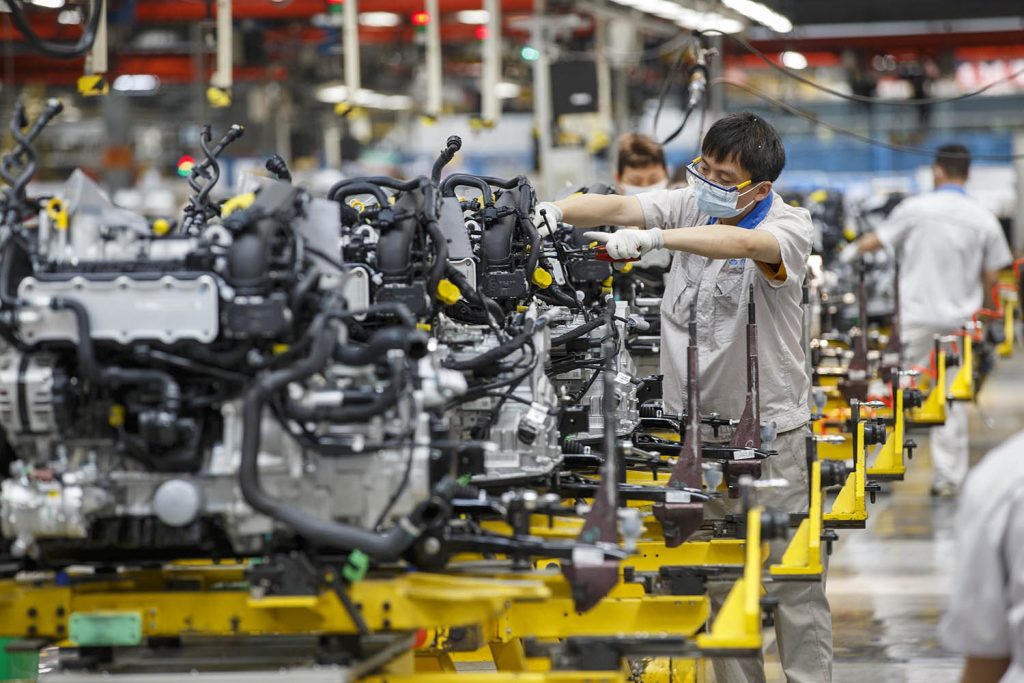
He’s going anyway, because of reason 2 (above). VW sells 40 per cent of all its cars in China and employs 90,000 people there in 30 factories. BASF, the chemicals giant, is building a €10 billion plastics megaplant in the southern city of Zhanjiang as part of a broad switch out of Europe. Aldi plans to open hundreds of new supermarkets across China and Siemens’ CEO will be on Scholz’s plane because he wants more access to China’s wind turbine market.
Barely a blip. German-Chinese trade was worth €245 billion last year and hardly even dipped as a result of Covid. Voices from business and industrial groups as well as Scholz’s coalition urge him to cut dependency on China but the response from those profiting from the relationship, according to an official quoted by the FT, is: “Are these people crazy? Don’t they realise where all our wealth comes from?”
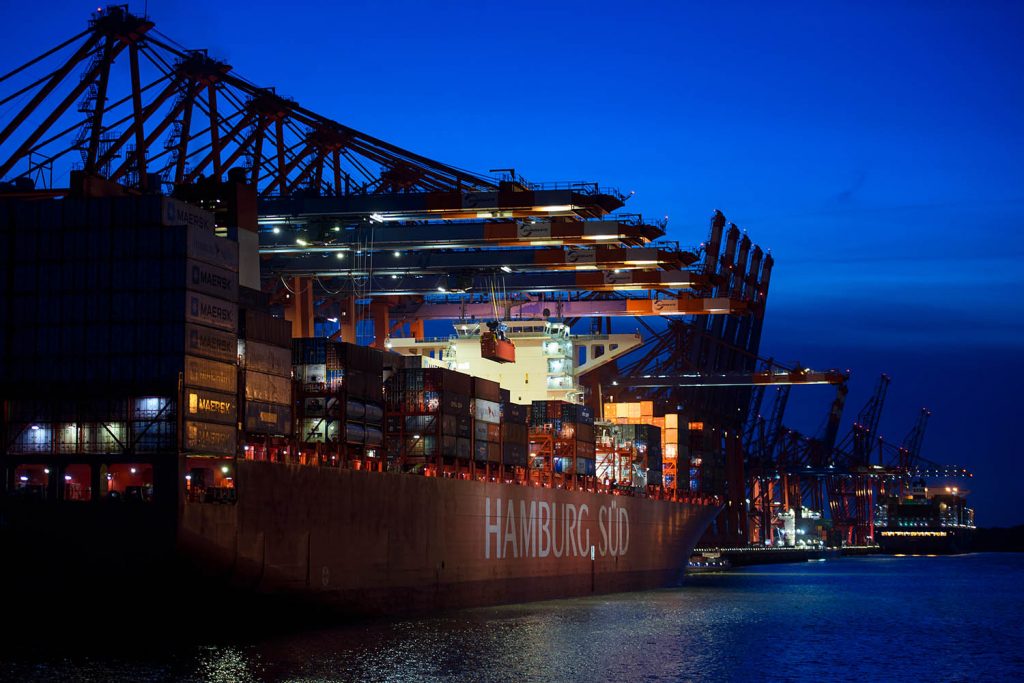
What goes around. China earns even more from its exports to Germany than vice versa, and wants to invest some of the proceeds in German assets. Both Germany’s main intelligence agencies have warned Scholz these investments tend to come with strings attached, and 73 per cent of Germans oppose them. Despite this
- Scholz approved last month’s acquisition of a 25 per cent stake in a Hamburg container terminal by China’s Cosco shipping giant; and
- Huawei remains one of Germany’s biggest suppliers of 5G telecoms equipment despite passage of a new IT security law last year.
Scholz thinks Germany and China can learn to be trading partners and “systemic rivals” at the same time, but the lesson of Russia’s war for Berlin is that too much reliance on a dictatorship can upend your business model in months flat. If Xi chooses war in Taiwan, for “upend”, read “destroy”.
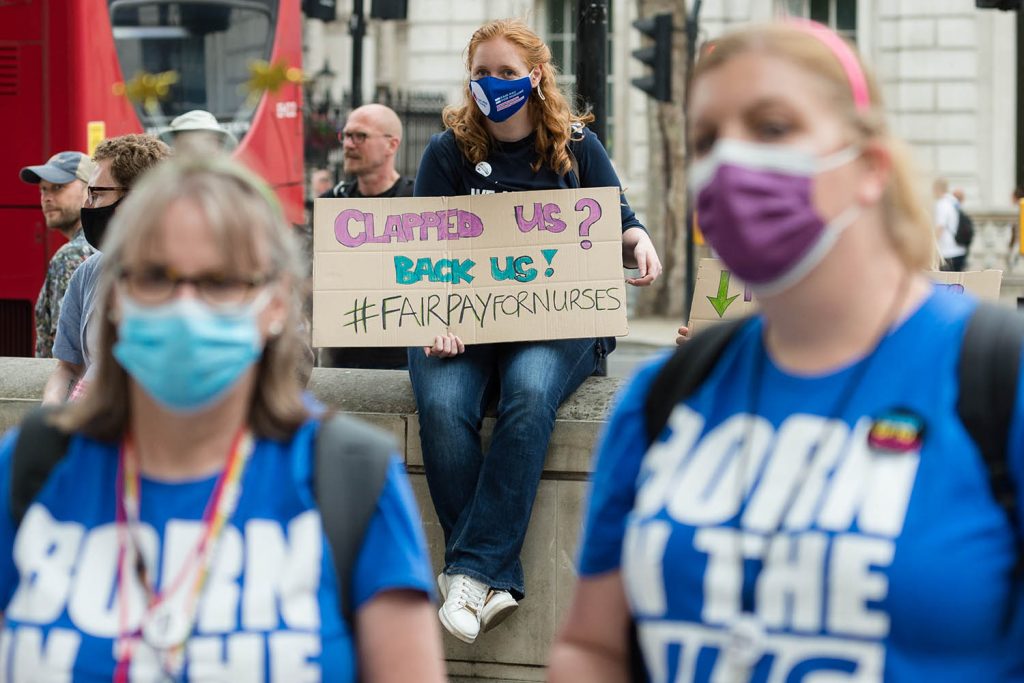
UK won’t pay?
Rishi Sunak’s young government is busy managing expectations ahead of its autumn fiscal statement due on 17 November, and no wonder. If his strategy for filling what he called an eye-watering £50 billion hole in the public finances includes a real terms pay cut for hundreds of thousands of public sector workers, strikes and worse will follow. Yesterday the Times said Sunak and Jeremy Hunt, his chancellor, were considering a 2 per cent cap on public sector pay rises, which with inflation at or near 10 per cent would amount to a steep cut. Union leaders responded with warnings not just of walk-outs but of mass resignations. The health service and social care sector already have workforce crises, Unison’s Christina McAnea said. “Many more staff will walk if they know there’s no prospect of a decent pay rise for years”. Looser immigration rules might help.
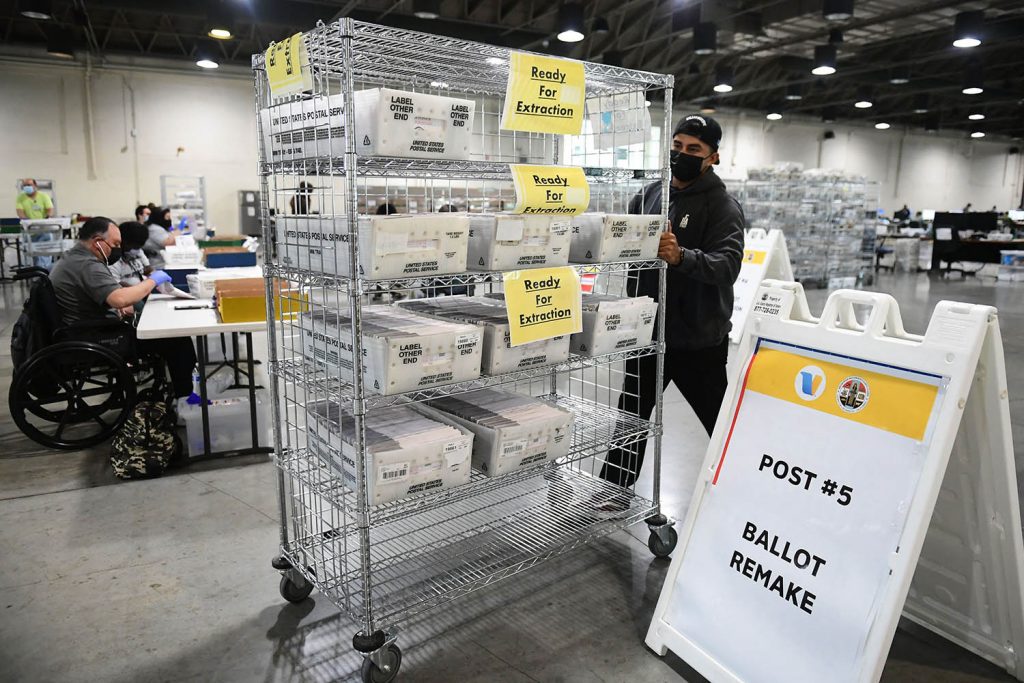
Track your ballot
Democracy hasn’t been looking too healthy lately, particularly in America, where only 20 per cent of the public say they’re very confident with the integrity of the election system. But things might be looking up. The WaPo reports that a quarter of all American voters now have access to tech that lets them track mail-in ballots. The two most common systems for ballot-tracking are BallotTrax and Ballot Scout. They provide voters with updates when their ballot envelope is on its way, once they’ve mailed it in and once it has been received. Online ballot-tracking probably won’t end debates about election fraud, or make voting much more accessible, but it could serve a role in holding election officials and the US Postal Service more accountable, and easing voter uncertainty. People who wonder if their ballot actually made it will have an answer.
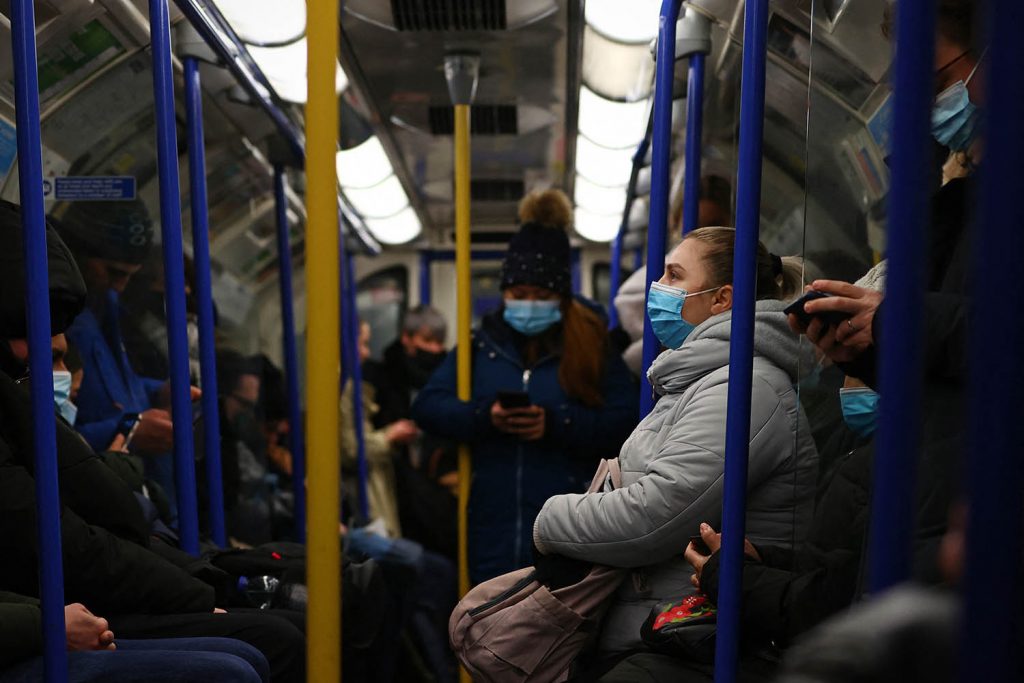
Christmas Covid
Covid loves foetid. It spreads quickest in the absence of fresh air – for instance, in post-Christmas family gatherings with the windows closed. That is the basis for a new forecast from University College London of a late January 2023 Covid peak worse than that of January 2022. “It’s not the parties, but the week after Christmas,” says UCL’s Karl Friston. Other modellers forecast a peak earlier in January. Either way, the virus is still emphatically with us and it’s far too soon to bin those masks or look askance at those wise enough to wear them.
Frost-free month at Mouthe
For the first time on record, Mouthe – France’s coldest village – has been frost-free for the month of October. Situated in the Jura mountains near Switzerland, Mouthe is between 930 and 1,450 metres above sea level. Temperatures have been known to fall as low as -41C, and an October with frost nearly every day is not unusual. But this year, a complete lack of frost has alarmed climate scientists. François Jobard of Météo-France said that the frost-free October in Mouthe and exceptionally warm temperatures recorded in the city of Besançon, 60 miles to the north, were additional proof of climate change, adding that “the second fortnight of October 2022 (17.7°C) was warmer than the 1961-1990 average of a second fortnight of August.” The warmer temperatures are also affecting ski resorts in both France and Switzerland, where openings are likely to be delayed by lack of snow.
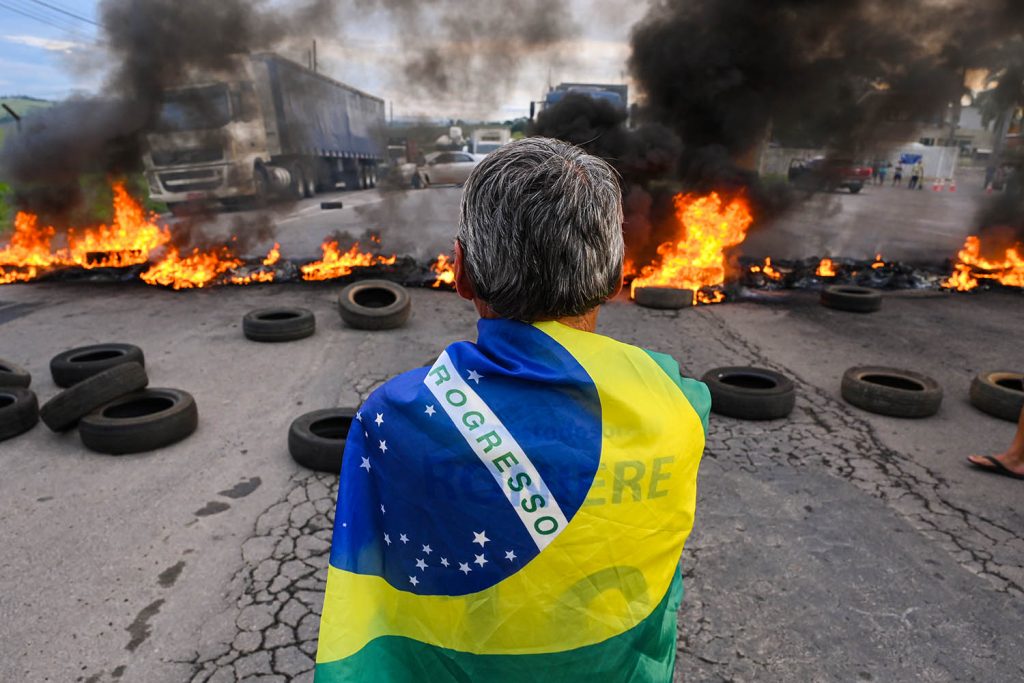
Bolsonaro speaks
Soon after Lula da Silva’s election victory was announced in Brazil on Sunday, pro-Bolsonaro protesters began blocking roads in hundreds of locations across the country with lorries and barricades of burning tires. The blockades have affected some of Brazil’s most important trading centres, stopping the flow of goods around the country for the past two days. The disruption hasn’t been helped by Bolsonaro himself. Until last night he hadn’t said a word either to contest the election result or to concede. But on Tuesday evening he gave a short address thanking those who had voted for him and describing the protests as “the fruit of indignation and a sense of injustice” about the election. Bolosnaro didn’t deny the validity of the result and technically speaking still hasn’t conceded, but his chief of staff confirmed that the transition to a Lula government would begin. Lula won’t take power until January, but he’s expected to send representatives to Cop27 in Egypt next week.
Thanks for reading. Please share this round, send us ideas and tell us what you think. Email sensemaker@tortoisemedia.com.
Giles Whittell
@GWhittell
Additional reporting by Ella Hill and Sebastian Hervas-Jones
Photographs Getty Images


